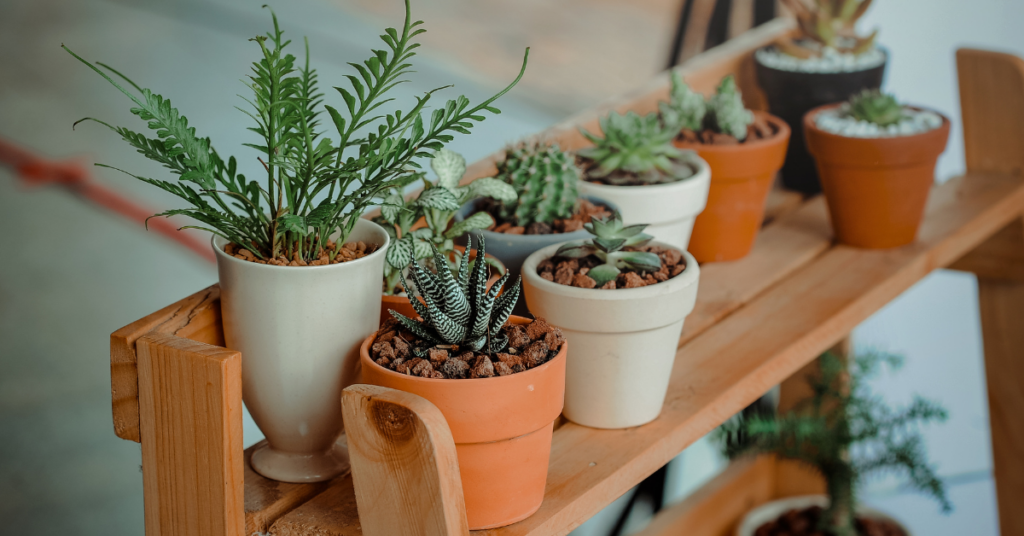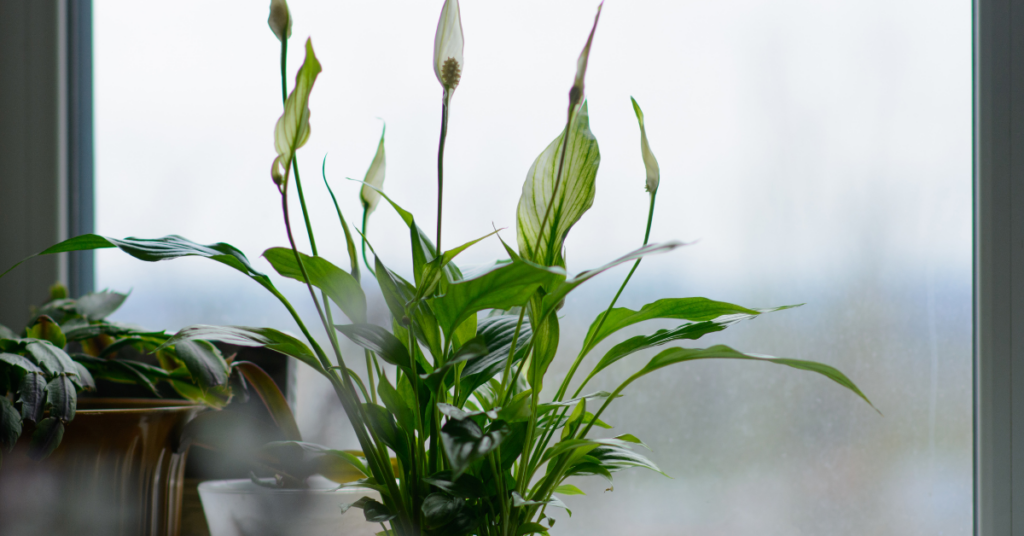Nurture Your Mind: How Indoor Plants Improve Mental Health and Focus
In an increasingly fast-paced world, finding ways to nurture our mental well-being has become essential. One simple yet effective way to boost mental health and focus is by introducing indoor plants into your living or working spaces. Beyond their aesthetic appeal, indoor plants offer numerous psychological and cognitive benefits. This guide explores how these green companions can transform your environment and enhance your mental clarity.
The Connection Between Nature and Mental Health
Humans have an innate connection to nature, often referred to as “biophilia.” This natural affinity for greenery explains why spending time in nature reduces stress and improves mood. While not everyone has access to sprawling green spaces, indoor plants can provide a similar sense of calm and connection within your own home.
Research Supporting Plants’ Impact on Mental Health
Studies show that interacting with plants, even through simple acts like watering or pruning, can lower stress hormone levels and boost feelings of well-being. For example, a study published in the Journal of Physiological Anthropology found that indoor plants significantly reduced psychological stress by suppressing sympathetic nervous system activity.

How Indoor Plants Enhance Mental Clarity
Plants do more than beautify a space—they actively improve the air quality, which has a direct impact on cognitive function. Cleaner air helps you think more clearly, while the presence of greenery promotes focus and reduces mental fatigue.
Cognitive Benefits of Indoor Plants:
- Improved Concentration: Studies suggest that environments with plants can improve memory retention by up to 20%.
- Reduced Fatigue: Natural elements reduce mental exhaustion caused by overexposure to artificial surroundings.
- Enhanced Creativity: Greenery fosters creative thinking by stimulating a relaxed yet alert state of mind.
Popular Indoor Plants for Mental Wellness
Choosing the right plants for your space can maximize their mental health benefits. Below are some popular choices:
Snake Plant (Sansevieria)
Known for its air-purifying qualities, the snake plant releases oxygen at night, making it an excellent choice for bedrooms.
Peace Lily (Spathiphyllum)
Peace lilies are low-maintenance plants that can reduce airborne toxins, promoting a healthier environment.
Spider Plant (Chlorophytum Comosum)
This resilient plant is perfect for beginners and is known to improve indoor air quality significantly.
Lavender
While traditionally grown outdoors, potted lavender plants bring a calming scent indoors, reducing anxiety and promoting restful sleep.
Aloe Vera
Apart from its skincare benefits, aloe vera helps filter pollutants from the air, creating a more focused atmosphere.
For a deeper dive into how indoor greenery can positively impact your mental health, check out our guide on the MentalHealth Benefits of Indoor Plants. Uncover how these natural mood boosters can reduce stress, enhance focus, and create a calming environment in your home.

Practical Tips for Integrating Plants into Your Space
To reap the maximum mental health benefits, it’s important to position and care for your plants effectively. Follow these tips to create a green haven:
- Choose Locations Wisely: Place plants in areas where you spend the most time, such as your workspace or living room.
- Start Small: If you’re new to indoor plants, begin with hardy, low-maintenance species like succulents or pothos.
- Ensure Proper Lighting: Match plants to the light conditions of your space. Some thrive in low light, while others need bright, indirect sunlight.
- Water Thoughtfully: Overwatering is a common mistake. Research each plant’s specific water requirements.
Plants and Workspaces: Boosting Productivity and Focus
Adding plants to your workspace can have profound effects on productivity. A study by the Journal of Experimental Psychology found that workplaces with greenery saw a 15% increase in employee productivity. Here’s why:
- Reduces Stress: Plants create a soothing environment, making it easier to stay focused.
- Decreases Noise Levels: Large plants can act as natural sound absorbers, reducing ambient noise.
- Boosts Mood: A workspace with plants feels less sterile and more inviting, enhancing overall job satisfaction.

The Science of Plants and Stress Reduction
Greenery works wonders for reducing stress. Plants in your environment can lower blood pressure, reduce anxiety, and promote a sense of calm.
The Role of Color and Texture
The color green is associated with tranquility and growth, while the texture of leaves provides visual stimulation that calms the mind.
Interaction with Plants
Activities like watering, pruning, or repotting plants can serve as therapeutic practices, akin to mindfulness exercises.
Learn More: Explore how biophilic design can transform your surroundings in this National Geographic article.
Creating a Plant-Centered Self-Care Routine
Indoor plants can become an integral part of your self-care routine. Here are a few ideas to integrate them into your daily life:
- Morning Rituals: Start your day by checking on your plants, watering or misting them if needed. This creates a moment of mindfulness before the day begins.
- Break-Time Relaxation: Use your plants as a focal point during short work breaks to reset your mind.
- Evening Unwinding: Wind down by spending time near your plants, practicing gratitude for their growth and the calm they provide.

External Links for Further Inspiration
- NASA’s Study on Air-Purifying Plants: Discover how plants can filter indoor air pollutants in NASA’s Clean Air Study.
- Better Mental Health with Plants: Read more about the psychological benefits of greenery at Psychology Today.
- Choosing the Right Plants for Your Space: Tips for selecting indoor plants on The Spruce.
Final Thoughts
Indoor plants are more than decorative accents—they are natural allies in improving mental health, enhancing focus, and fostering a calming atmosphere. By incorporating greenery into your home or workspace, you create a nurturing environment that supports your overall well-being.
Whether you’re a seasoned plant enthusiast or a complete beginner, the journey of caring for indoor plants can be as rewarding as the benefits they bring. Start small, stay consistent, and watch as your green companions transform both your space and your state of mind.
For practical tips to start your indoor gardening journey, explore our Beginner’s Guide to Indoor Planting. Discover simple steps to choose the right plants, create the perfect environment, and enjoy the many benefits of indoor greenery.




















